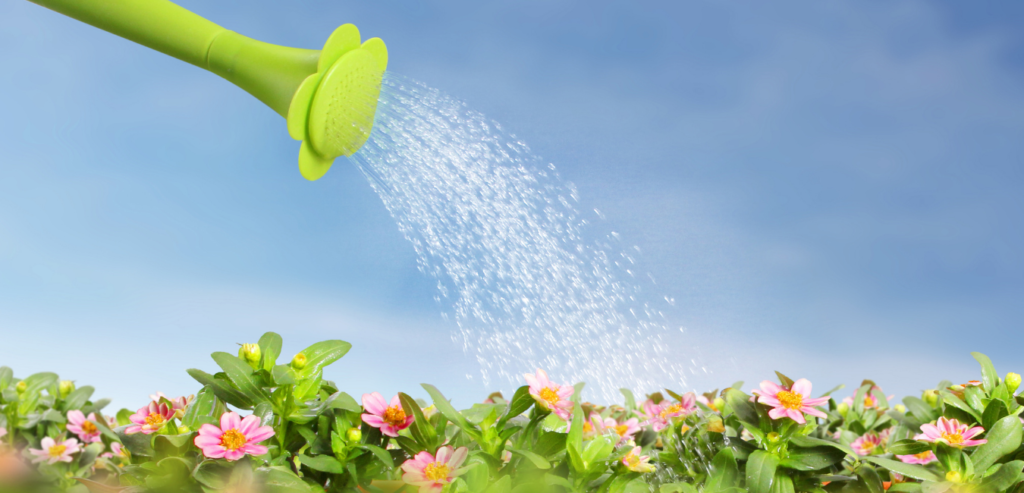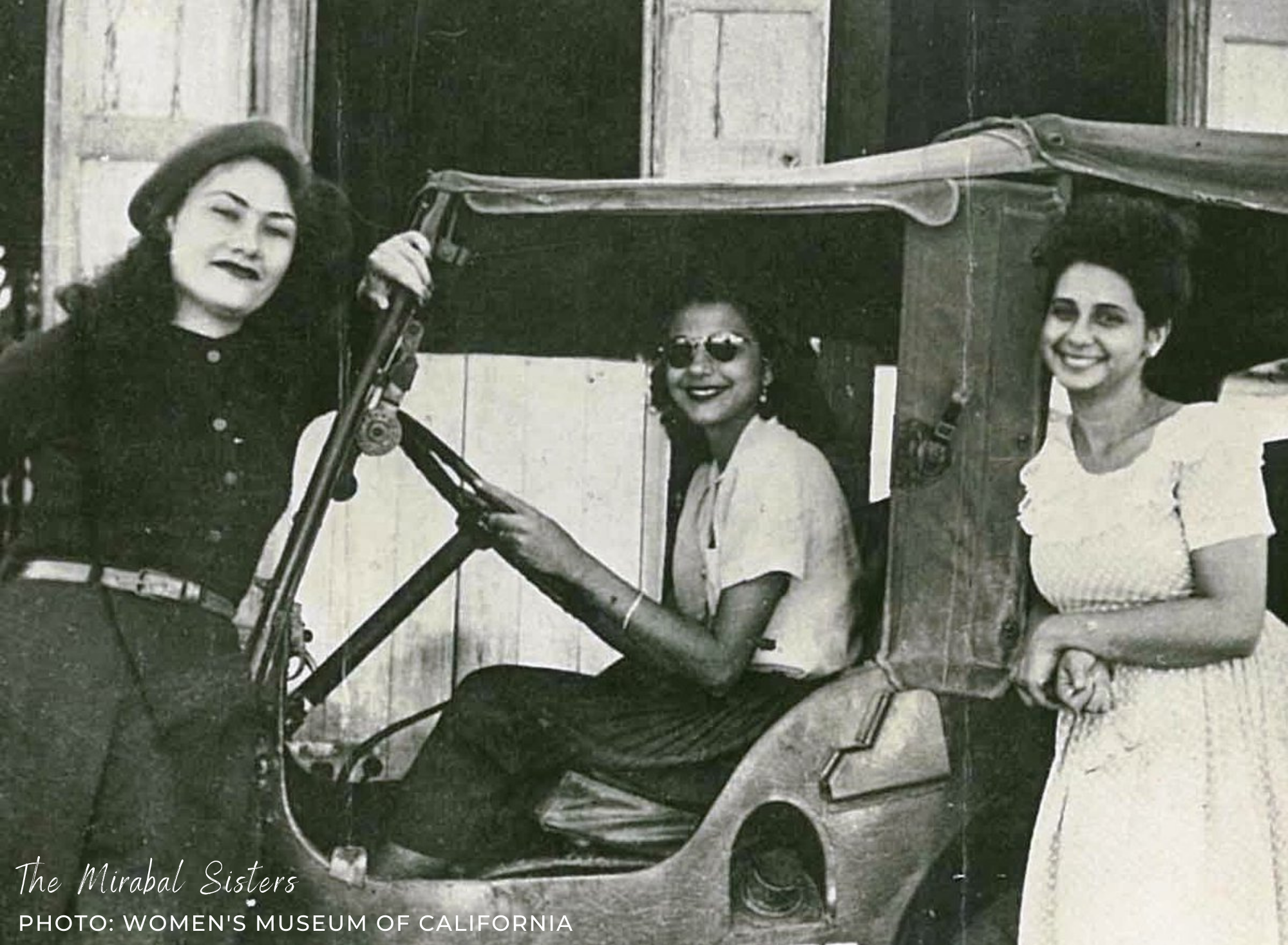This weekend I finished a book that I suspect will stay with me for years to come. I am always grateful to authors who can wrap me up in their stories, introduce me to new and diverse people, and leave me with new perspectives and nuggets of wisdom.
My mother’s friend lent her Fresh Water for Flowers by Valérie Perrin about a month ago; she adored it, saying that she couldn’t put it down and that it was, in this complicated time, a joy to read. This was a good enough recommendation for me.
The reader is introduced to Violette Toussaint, the caretaker at a cemetery in a small town in Burgundy, France and through her, the lives of many who have gone before her, and visitors who come to remember lost and loved ones. In Violette, Perrin has crafted a strong character who lives with joy and sorrow at the same time; despite a difficult childhood and marriage, she is surrounded by good people who recognize her strength and capacity for love.
Not only did Perrin captivate me with her writing, weaving various characters’ perspectives into the beautiful story, she left me with a wonderful reminder at the end of the book.
One of Violette’s dear friends, and her predecessor at the cemetery, plays an important role at the novel’s conclusion. Prior to taking the job, Sasha, a healer and teacher had taught Violette about planting and tending to flowers that were available for visitors to purchase at the cemetery. Sasha is a wise man who returns to be with Violette during a particularly dark time. His sage words not only helped Violette, but resonated with me.
“Violette, you must stop looking for reasons, otherwise it’s yourself you will lose…the ivy is stifling the trees, never forget to cut it back. Never. As soon as your thoughts are turning dark, take your pruning shears and cut back those troubles.”
Violette ultimately responds, telling the reader, “I finally returned to the garden. Finally gave fresh water to flowers.”
Like Violette, we are collectively, in so many ways, working through a dark time. It is hard to see an ending to this global pandemic, and it is natural to only notice the restrictions and challenges that lie ahead. It is most difficult when we are wading through the unknown.
This novel articulates an alternative: cut back the ivy that is stifling growth. Yes, our current COVID restrictions are challenging and inhibiting our ‘usual way’ of doing things but, rather than stew about them, we can instead prune our thoughts, and seek different ways for growth and light. Transferring this specifically to the School, we must remind our girls that while the situation is challenging, we can- and must- make the best of it.
We must give ‘fresh water to our flowers.’

